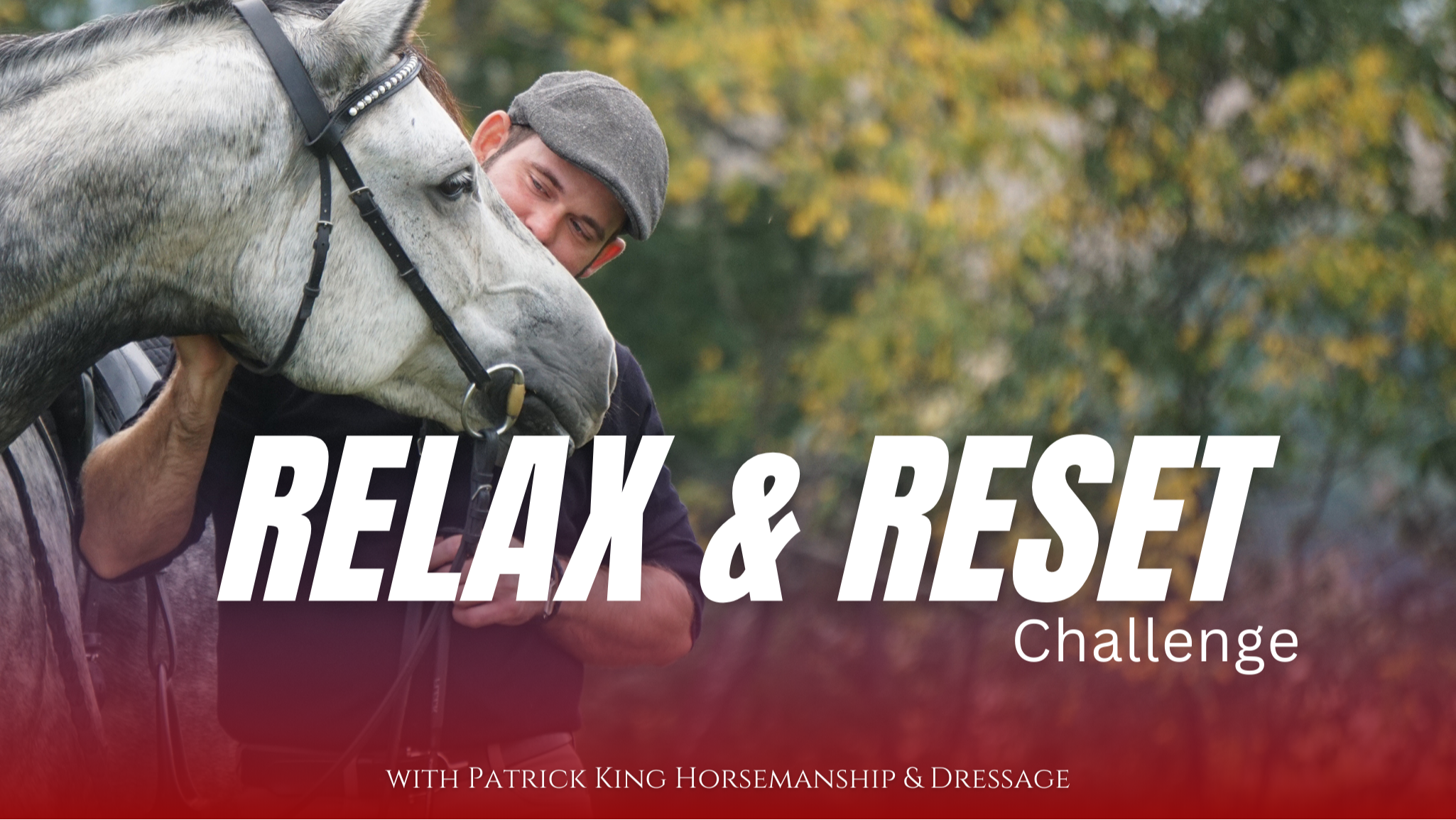Ep # 60, Dr Paul Haefner and Justin Haefner - horse fear, rider fear, and so much more!
In this episode of Talking About Horses, Patrick King engages with Dr. Paul Haefner and Justin Haefner of Riding Far, exploring their unique approach to equestrian training that combines sports psychology with horse training. They discuss the importance of understanding both the horse and rider, the significance of collaboration in training, and the need for effective communication in horse-human relationships. The conversation also delves into the challenges of addressing fear and anxiety in riders, the cultural influences on learning, and the dangers of pseudoscience in equestrian practices. In this conversation, the speakers delve into the complexities of authority in practices, the limitations of science, the importance of experience in learning, and the multifaceted nature of fear in both riders and horses. They emphasize the need for critical thinking and exploration beyond mainstream beliefs, the significance of hands-on experience in horsemanship, and the intricate relationship between fear and performance in equestrian activities. They talk about the importance of understanding thresholds and the window of tolerance for growth. They explore the significance of training relaxation responses, the necessity of connection and safety, and the concept of stacking success rather than triggers. The discussion also highlights the different types of fear, the need for regulation and activation in horses, and the balance between energy and relaxation for effective training. Ultimately, the conversation emphasizes that functionality goes beyond just addressing fear and anxiety, focusing on the fundamentals of training and connection. This conversation delves into the intricate relationship between riders and horses, emphasizing the importance of emotional regulation, core wellness, and effective teaching strategies in horsemanship. Paul, Justin, and Patrick discuss the significance of matching riders with appropriate horses, the emotional challenges faced by riders, and the need for instructors to understand and manage these emotions. They also highlight the development of training programs aimed at improving the emotional and pedagogical skills of riding instructors, ultimately fostering a more supportive and effective learning environment for riders.


